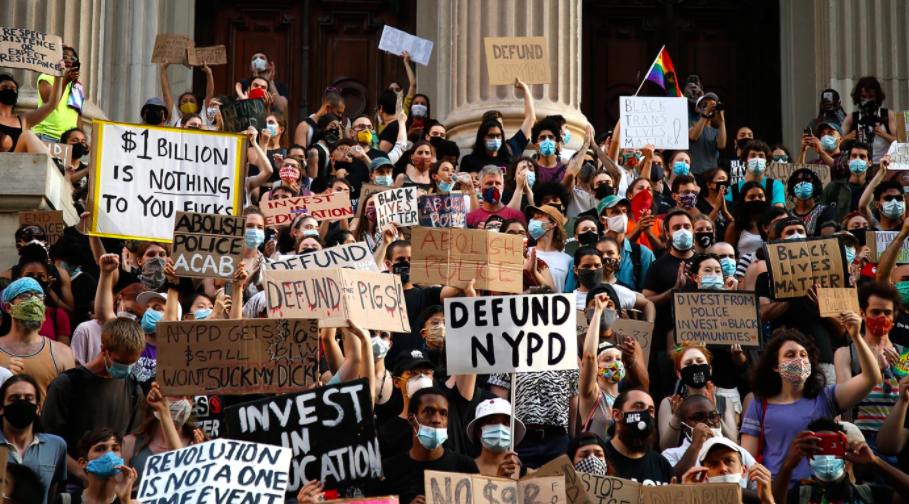Exactly after a month of the killing of George Floyd in police custody and the subsequent popular movement against racism and police brutality, the US House of Representative passed a police reform bill named after him on June 25, Thursday. The proposed George Floyd Justice in Policing Act has some sweeping provisions for police reforms, including ending the legal hurdles in trying police personnel for misuse of power.
The act provides for a USD 2.5 billion fund for investigating all kinds of police abuses and halts the flow of surplus military equipment to police. It also bans the use of “neck holds”, the tactic used to kill Floyd, as well as “no knock” warrants, police barged into Breonna Taylor’s apartment and killed her with the justification of a “no knock” warrant. The bill proposes replacement of the police force with social workers in some communities.
It, however, falls short of addressing the key demand of the Black Lives Matter protesters, which is defunding the police and using those resources for other community services.
The bill was passed in the Democratic Party-controlled house with 236 members voting in favor and 181 against. The vote was broadly on party lines, with the Republicans party opposing the bill. Just three Republicans, Brian Fitzpatrick from Pennsylvania, Bill Hurt of Texas and Fred Upton of Michigan, went against the party line and voted in favor of the bill.
House speaker Nancy Pelosi said, “the George Floyd Justice and Policing Act will fundamentally transform the culture of policing to address systemic racism, curb police brutality and bring accountability to our police departments.”
US president Donald Trump had threatened on June 24 to veto the bill after Democrats blocked a milder police reform bill proposed in the Senate by the Republicans on the same day. The Republicans have the simple majority in the Senate.
As per preliminary reports, there are chances of compromise between both versions of the police reform bill, which already have some common points such as the creation of a national registry of officers accused of misconduct. However, if attempts to seek common ground between the Democrats and Republicans fail, the bill will not become a law.





